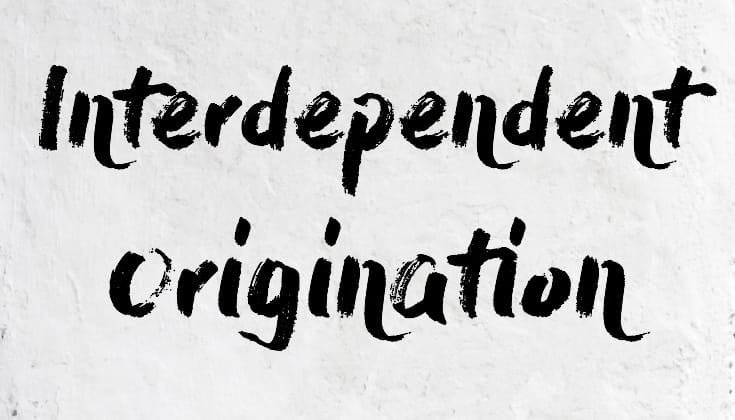Interdependence, often referred to as “dependent origination” or “dependent arising,” is a key concept in Buddhism that explains the nature of reality and the interconnectedness of all phenomena. This concept is central to understanding suffering (dukkha) and the path to liberation (nirvana) as taught by Siddhartha Gautama, the Buddha.
Interdependence asserts that all things and experiences are interconnected and arise in dependence on other factors. It’s often depicted as a chain of twelve links, known as the twelve nidanas, that describe how suffering arises and how it can be transcended. These links illustrate the causal relationship between various factors and the cycle of birth, death, and rebirth (samsara). Breaking this cycle is a central goal in Buddhism, and it is achieved through the cessation of craving, ignorance, and attachment, leading to the attainment of Nirvana, a state of liberation beyond suffering.
Overall, the concept of interdependence emphasizes the idea that nothing exists in isolation and that all things are contingent upon other factors for their existence. It encourages practitioners to cultivate wisdom, mindfulness, and ethical behavior in order to break free from the cycle of suffering and attain a state of ultimate liberation.
Related Reading
Understanding Emptiness & Interdependence
Emptiness and interdependence—they’re more than concepts; they’re key to realizing real-world benefits in our lives. His Holiness The Karmapa helps us put our wisdom into practice.
What is Interdependent Origination?
Interdependent Origination as defined by Francesca Fremantle, a scholar and translator of Sanskrit and Tibetan works.
Buddhism A–Z
Explore essential Buddhist terms, concepts, and traditions.



